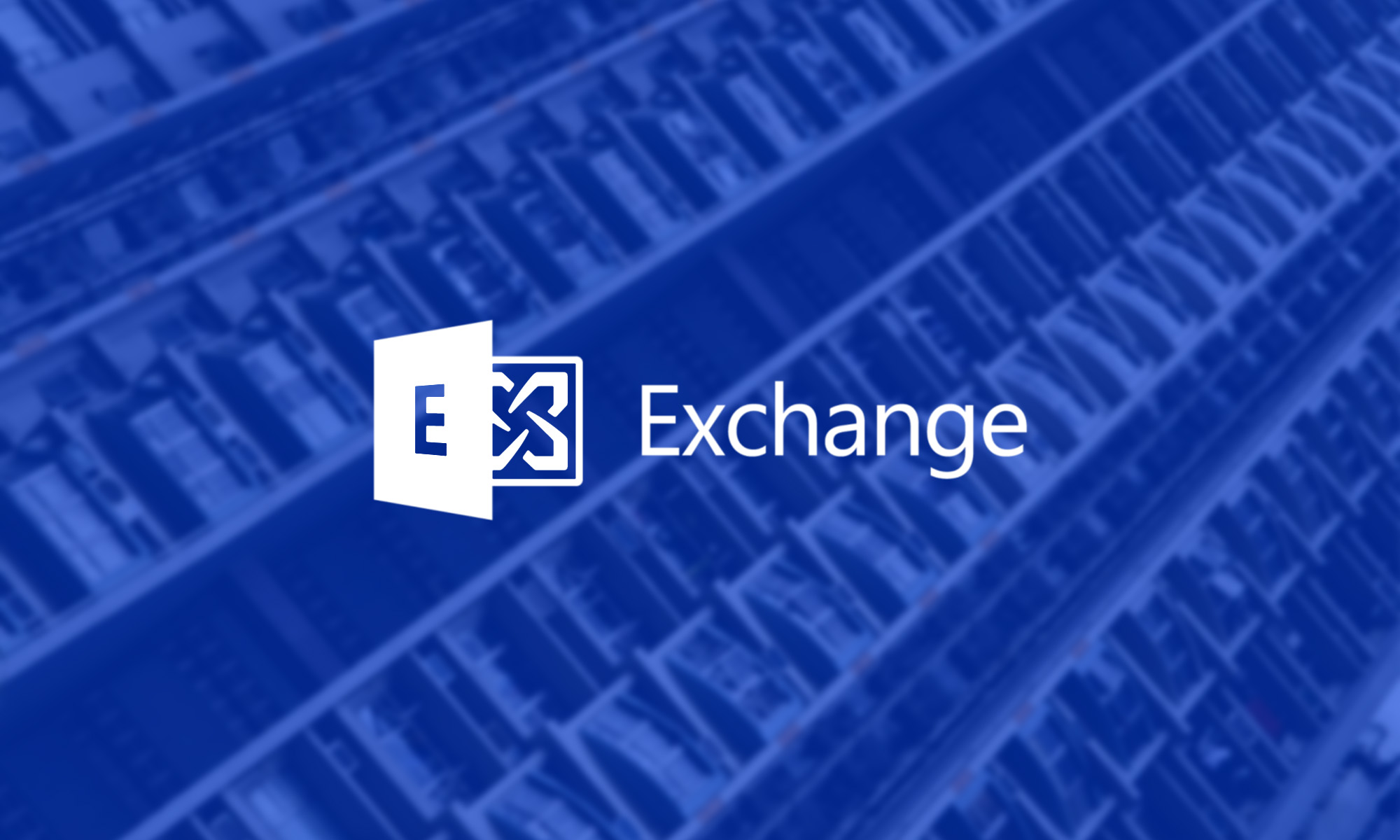News
Exploits In Microsoft Exchange Used To Breach Over 30,000 Organizations

Over 30,000 entities, including local governments, small businesses, defense contractors, and education institutions, have been breached because of unpatched exploits in Microsoft Exchange, reported journalist and investigative reporter Brian Krebs on his blog, KrebsOnSecurity.
“In each incident, the intruders have left behind a ‘web shell,’ an easy-to-use, password-protected hacking tool that can be accessed over the Internet from any browser. The web shell gives the attackers administrative access to the victim’s computer servers,” Krebs wrote.
According to Microsoft, the attack was orchestrated by notorious Chinese hacking group Hafnium, and they started on January 6th, the day when rioters stormed the United States Capitol in a violent attack against the 117th United States Congress.
Microsoft released emergency security updates to patch the vulnerabilities on March 2nd, which means that the attackers had nearly two months to infiltrate vulnerable systems. The tech giant has been working closely with the U.S. Cybersecurity & Infrastructure Security Agency (CISA), as well as other public and private organizations, to secure all unpatched servers running Exchange Server 2013, 2016, or 2019 (Exchange Online hasn’t been affected).
“The best protection is to apply updates as soon as possible across all impacted systems,” said Microsoft spokesperson in a written statement. “We continue to help customers by providing additional investigation and mitigation guidance. Impacted customers should contact our support teams for additional help and resources.”
Also Read: Dubai Police Use Futuristic Technology To Read Murder Suspect’s Mind
While most known victims of the attacks were located in the United States, breaches related to the Microsoft Exchange vulnerabilities were also detected on the other side of the Atlantic. For example, the Prague municipality and the Czech Ministry for Labor and Social Affairs were forced to shut down some of their systems and install emergency patches. No data was stolen during the attack, said Czech government officials.
Attacks like this one highlight the importance of timely patching and modern intrusion detection tools, which are able to detect unusual activity while it’s still time to act.
News
Rabbit Expands Hyperlocal Delivery Service In Saudi Arabia
The e-commerce startup is aiming to tap into the Kingdom’s underdeveloped e-grocery sector with a tech-first, locally rooted strategy.

Rabbit, an Egyptian-born hyperlocal e-commerce startup, is expanding into the Saudi Arabian market, setting its sights on delivering 20 million items across major cities by 2026.
The company, founded in 2021, is already operational in the Kingdom, with its regional headquarters now open in Riyadh and an established network of strategically located fulfillment centers — commonly known as “dark stores” — across the capital.
The timing is strategic: Saudi Arabia’s online grocery transactions currently sit at 1.3%, notably behind the UAE (5.3%) and the United States (4.8%). With the Kingdom’s food and grocery market estimated at $60 billion, even a modest increase in online adoption could create a multi-billion-dollar opportunity.
Rabbit also sees a clear alignment between its business goals and Saudi Arabia’s Vision 2030, which aims to boost retail sector innovation, support small and medium-sized enterprises, attract foreign investment, and develop a robust digital economy.
The company’s e-commerce model is based on speed and efficiency. Delivery of anything from groceries and snacks to cosmetics and household staples is promised in 20 minutes or less, facilitated by a tightly optimized logistics system — a crucial component in a sector where profit margins and delivery expectations are razor-thin.
Despite the challenges, Rabbit has already found its stride in Egypt. In just over three years, the app has been used by 1.4 million customers to deliver more than 40 million items. Revenue has surged, growing more than eightfold in the past two years alone.
Also Read: Top E-Commerce Websites In The Middle East In 2025
CEO and Co-Founder Ahmad Yousry commented: “We are delighted to announce Rabbit’s expansion into the Kingdom. We pride ourselves on being a hyperlocal company, bringing our bleeding-edge tech and experience to transform the grocery shopping experience for Saudi households, and delivering the best products – especially local favorites, in just 20 minutes”.
The company’s growth strategy avoids the pitfalls of over-reliance on aggressive discounting. Instead, Rabbit leans on operational efficiency, customer retention, and smart scaling. The approach is paying off, having already attracted major investment from the likes of Lorax Capital Partners, Global Ventures, Raed Ventures, and Beltone Venture Capital, alongside earlier investors such as Global Founders Capital, Goodwater Capital, and Hub71.























